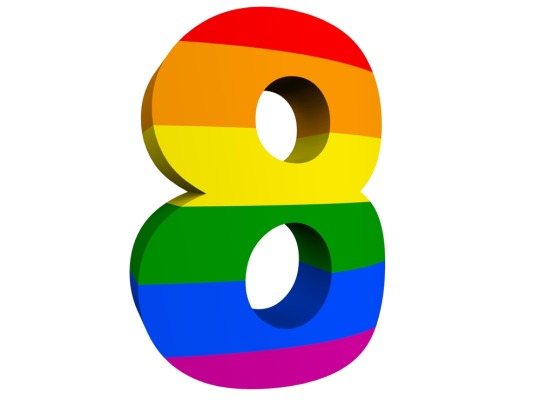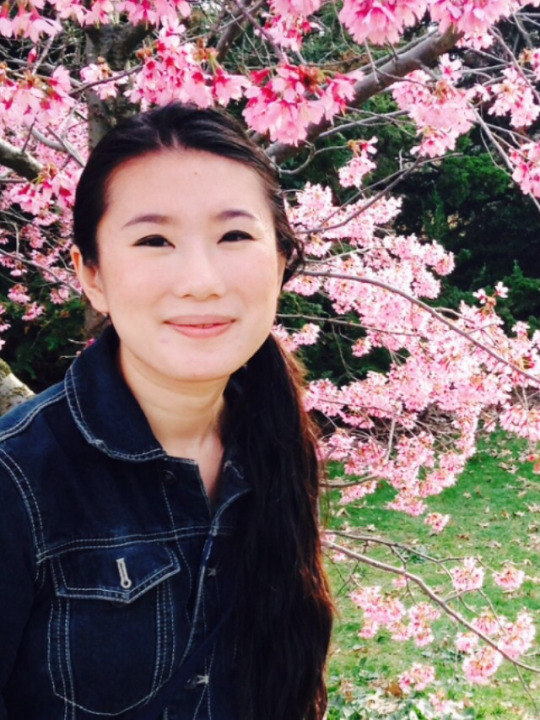How to Make a Difference in 8 Practical Steps

Contributed to CBC Diversity by Faye Bi
Many organizations, CBC Diversity among them, have done a fantastic job raising awareness of diversity in children’s literature. We’re at the point where we can easily fill a convention’s diversity panel. But how do we know if we’re making a difference? Is anyone listening to us? I often hear from supporters of diversity that they don’t feel like they have a loud enough voice to make an impact. Not everyone is a publisher or book buyer, after all. So what can we do?

Here are my practical tips for members of the publishing community, and anyone with a love of children’s books:
1. Listen. Keep an open mind about others’ experiences. I say this as a Chinese-American woman; I do not know what it’s like to be black, disabled, or an author.
2. Be deliberate in choosing the media you consume. If you read 15 books last year and not a single one was by a woman or writer of color, ask yourself why. Was it discoverability? Try to actively seek out diverse works.
3. Promote diverse books. Talk about diverse books with your family members, friends, and colleagues. Ask your child’s teacher to assign diverse books. Request books by diverse authors that may not be stocked in a bookstore or ordered by a library. Normalize these books.
4. Amplify diverse voices. If you are in a position of influence, allow others the space to share their experiences publicly. Follow and repost people online who might offer a different perspective.
5. Put your money where your mouth is. Financially support writers from diverse backgrounds by purchasing their books for yourself, your library/bookstore, or as gifts to others. If you are in charge of budgets, allocate real funds to diverse purchases, recruiting, promotions, and mentoring.
6. Have difficult conversations with people you value. This one is the hardest, but I believe it has the most impact. If someone—be it a family member, a close friend, or a colleague—says or does something that may be, speak up.
(Note: While I am the last person for tone policing, people will more likely react positively if the conversations are conducted in a respectful or professional manner.)
7. Become a diversity advocate. Celebrate successes and be the one to bring up issues and potential problems before they arise. Get involved with likeminded people and organizations (We Need Diverse Books, Latinos in Kid Lit, CBC Diversity, etc.) to mobilize others. Seek out mentors, or become a mentor yourself.
8. Recognize that no one is perfect, and that these conversations are ongoing. Own up to your mistakes when called on them. Also, cut yourself a break sometimes: you can still like problematic things—just recognize them as such.


Faye Bi works as a publicist at Simon & Schuster Children’s Publishing and Saga Press, and also volunteers for Sirens, a conference dedicated to women in fantasy literature. She tweets at @faye_bi.

